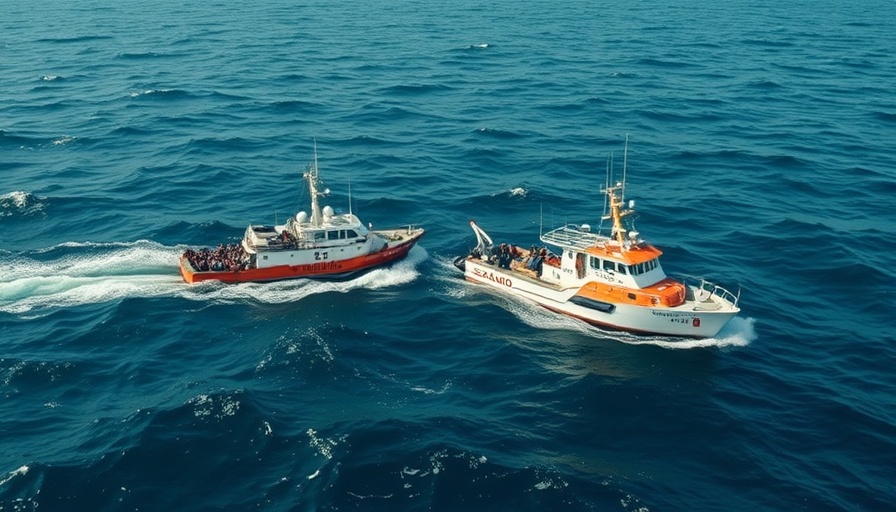
The Horrific Legacy of Dozier School for Boys
In Marianna, Florida, the haunting legacy of the Dozier School for Boys lives on, a chilling tale of systemic abuse that inspired the Oscar-nominated film Nickel Boys. This institution, which operated from 1900 to 2011, was notorious for its brutal treatment of young boys—most of whom were sent there for minor offenses or through systemic injustices tied to their socioeconomic status and race.
A Grim History of Abuse
As reported extensively, including by NPR, the Dozier School was a site where boys faced horrific physical abuse. Many boys were subjected to severe beatings and psychological torment in a building known as the "White House." Survivors like Jerry Cooper recount harrowing memories of being bound and lashed, with punishment characterized not as discipline but as torture. The White House Boys, a group of survivors sharing their stories, have brought these issues to light, recounting tales of violence that echo decades of neglect and cruelty.
Uncovering the Truth
During its operation, it is estimated that 81 boys died at Dozier, with many of their remains still unaccounted for. Researchers from the University of South Florida have actively worked to locate these unmarked graves. Recent efforts have revealed numerous burial sites, bringing a cautious sense of closure to many families and survivors who have long awaited acknowledgment.
Racial and Socioeconomic Disparities
Racial injustices were prevalent at Dozier, where segregation policies led to starkly different experiences for Black and white boys. As detailed in accounts from former students, Black boys were often relegated to menial labor, reinforcing elements of systemic racism and exploitation mirrored in social structures of the time. This disparity showcases how societal attitudes toward race and class directly impacted the treatment of vulnerable children—pointing to a historical context that remains deeply relevant today.
A Call for Justice and Healing
The narratives from Dozier serve as a reminder that the effects of such systemic abuse extend far beyond the physical confines of the institution. As society grapples with its past, these stories highlight the importance of historical reckoning and the need for justice. Survivors pursue acknowledgement and reparations from the state, reflecting a broader societal need to address historical wrongs to foster healing and prevention of future abuses.
Conclusion: Understanding the Importance of Awareness
The story of the Dozier School for Boys is an essential chapter in understanding how systemic abuse can persist under the guise of reform and rehabilitation. By illuminating these experiences, we can engage in meaningful conversations about reform in current institutions, ensuring history does not repeat itself. Awareness of these histories is crucial to fostering empathy, understanding, and accountability.
 Add Row
Add Row  Add
Add 



Write A Comment